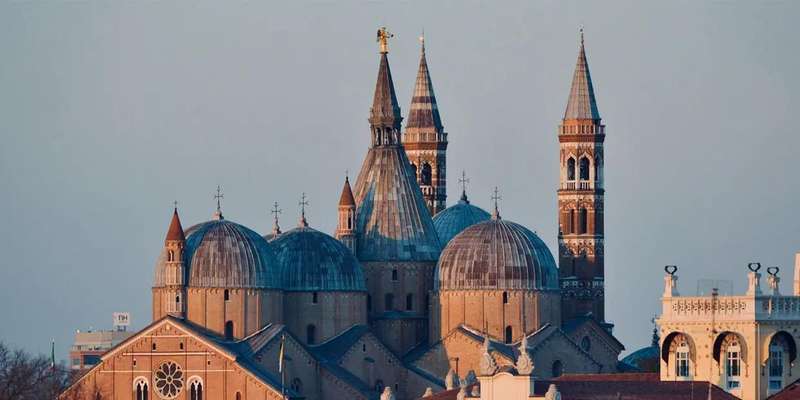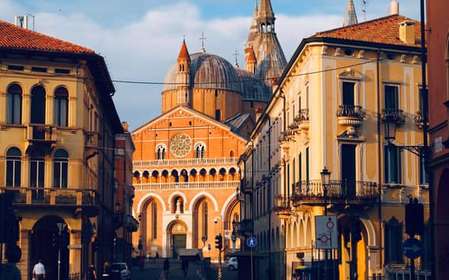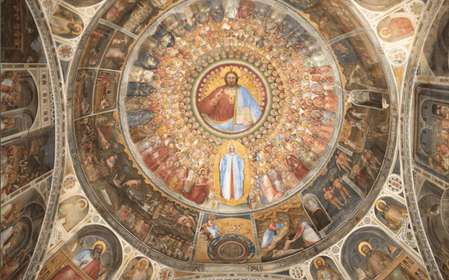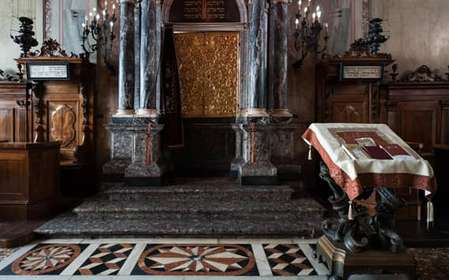- Home
- Useful Tips
- Securing tickets for Padua's...
Securing access to Padua's legendary Specola astronomical museum proves frustrating for 73% of visitors according to recent tourism surveys. The combination of limited ticket releases, confusing reservation systems, and unexpected closures leaves many travelers staring at locked medieval tower doors rather than Galileo's original instruments. This isn't just about missing pretty star charts – families report wasted vacation days, students miss thesis research opportunities, and amateur astronomers forfeit once-in-a-lifetime encounters with 18th-century celestial globes. The museum's intimate size means mere dozens of daily visitors can experience its cosmic treasures properly, turning what should be an inspiring pilgrimage into a logistical nightmare for the unprepared.


Decoding the Specola's tricky ticket release system
The museum's Byzantine booking process stems from its dual role as active research facility and tourist attraction. Unlike larger institutions, the Specola releases tickets in three unpredictable waves: 60% become available exactly 30 days out at midnight CET, 25% drop randomly 48 hours before, and the final 15% are held for same-day walk-ins that often vanish by 10am. Local university staff know to set calendar alerts for the midnight release window when all time slots appear at once. Cloudy Tuesday mornings in November surprisingly offer better availability than sunny summer weekends, as Padua's academic crowds thin considerably. The secret weapon? Checking the University of Padua's academic calendar – when astronomy departments hold conferences, the Specola often closes unexpectedly to the public.
Smart strategies for last-minute visitors
Finding yourself in Padua without prebooked tickets doesn't require abandoning your cosmic dreams. The museum's little-publicized 'pinhole' policy reserves 8-10 same-day slots for visitors who ask directly at the ticket office by 9:15am. Arriving at opening time often beats coming later, as groups occasionally cancel booked tours. Rainy afternoons see more no-shows than clear nights when the rooftop observation deck operates. Local guides suggest the clever workaround of booking their astronomy walking tours which include guaranteed Specola access – these small-group experiences cost marginally more than standard tickets but transform a potentially frustrating morning into an enriching half-day celestial journey through Padua's scientific history.
Navigating the hidden gems beyond the telescopes
Most visitors rush to see Galileo's instruments but miss the Specola's true marvels. The ancient meridian line room only opens for 20-minute slots at solar noon, when sunlight precisely aligns with 17th-century brass markers. University docents whisper that the third-floor 'Camera delle Figure' contains forgotten celestial frescoes visible via timed lighting system few tourists discover. Budget-conscious travelers should note the museum participates in Padua's university museum network pass – for €18 you gain access to six scientific collections, effectively making the Specola visit half-price. Architecture buffs will want to linger in the helical staircase where Cassini once calculated Jupiter's rotation, a spot most tour groups bypass too quickly.
Special access opportunities most miss completely
Few realize the Specola offers extraordinary after-hours experiences beyond standard tickets. The 'Starry Nights' program (reservable only by email) allows small groups to observe through historic telescopes on clear Fridays. Astronomy students moonlight as guides during these sessions, sharing insider knowledge about the collection's undocumented artifacts. From October-April, the museum hosts monthly lectures in Italian followed by rooftop viewing – these €15 events include museum access and bypass regular ticket quotas. For serious enthusiasts, the library's manuscript collection opens by appointment, where you can examine 16th-century star catalogs with white gloves provided. These options require planning but deliver the profound connection to astronomical history that hurried daytime visits often lack.



